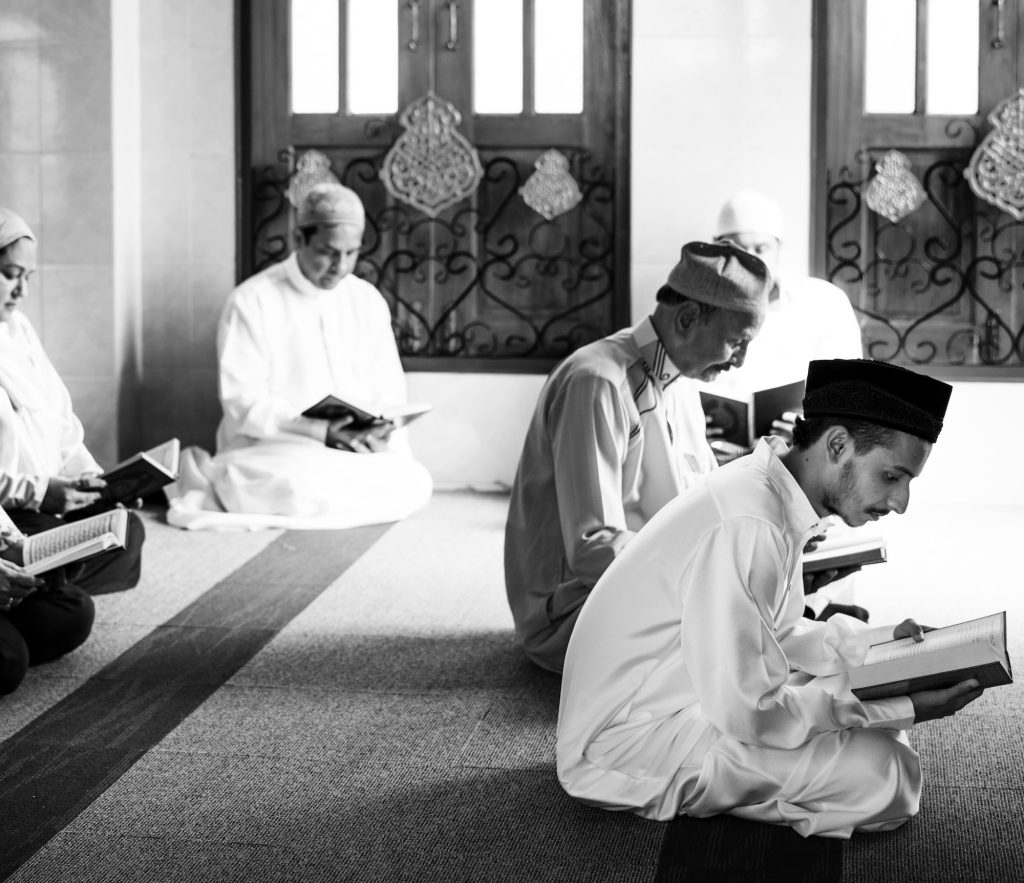Dars Nizami (Nizami Curriculum)

Religious education fundamentally involves reading, understanding, extracting issues from, and resolving matters based on the Quran and Hadith. The scholars and researchers, through the teachings conveyed by the companions (Sahabah) and their successors (Tabi’een), have preserved explanations based on the teachings of the Prophet Muhammad in the extensive books of Hadith and Tafsir. Therefore, claiming to understand the Quran or Hadith without systematically studying these books from qualified scholars is not only self-deception but also extremely detrimental to the faith. The foundational subjects essential for studying these sciences are collectively termed as “Dars Nizami”. The subjects such as Grammar (Nahw), Literature (Adab), Logic (Mantiq), Philosophy, Semantics (Maani), Rhetoric (Balaghat), Principles of Islamic Jurisprudence, Islamic Jurisprudence (Fiqh), Mathematics, Poetry, Methods of Change (Muraat Taghayyur), Principles of Hadith, and approximately the book “Muslim Al-Hadith” are taught. The Dars Nizami is structured into a comprehensive curriculum spanning five parts, each of two years, which is an approved syllabus by the Government of Pakistan. Each two-year segment is equated with the conventional educational system:
- First two years – Primary (equivalent to Middle School)
- Two years – Secondary General (equivalent to Matric)
- Two years – Secondary Special (equivalent to Intermediate)
- Two years – Graduate (equivalent to B.A)
- Two years – Postgraduate (equivalent to M.A in Arabic or Islamic Studies)
In the Dars Nizami department, 70 students are enrolled up to the advanced “Moqoof Alaih” level.